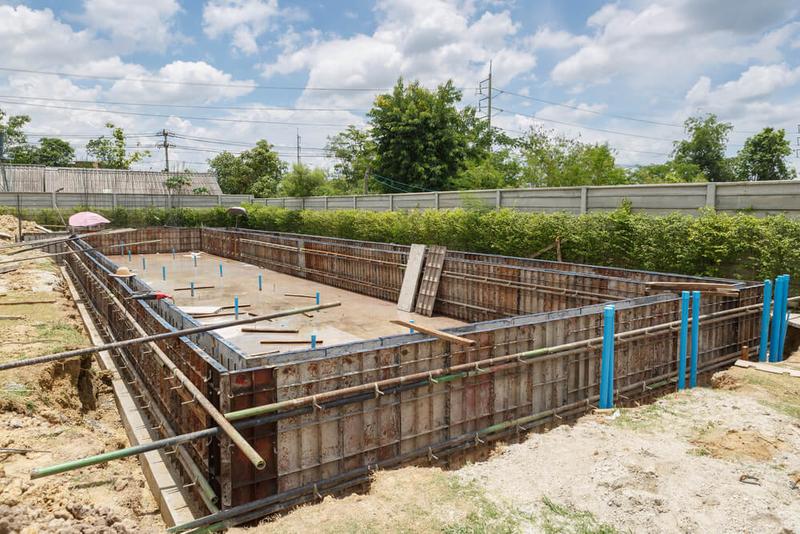
Voluntary Administration – Earthmoving Company Case Study
75% reduction in tax debt gets this earthmoving company moving again
A Melbourne-based company that specialises in earthmoving works and concreting for swimming pools recently contacted Australian Debt Solvers with a large business issue – they had accrued a $280,000 debt with the Australian Taxation Office and were at a loss at what to do.
After talking through the options and potential outcomes with them, it was agreed to put the company into Voluntary Administration (VA). This is a process whereby a company is placed in the hands of an independent person – the administrator – who assesses all available options in order to generate the best possible outcome for the company and for its creditors.
A VA moratorium is usually a fairly brief process that takes place over a four or five week period. During this time, the company continues to trade as per usual while the Administrator reviews the company’s financial position and identifies ways to make changes for the better.
After the Administration team had done their preliminary investigations, a Deed of Company Arrangement was entered into with the Australian Taxation Office – for 25 cents in the dollar over a period of 12 months. By doing this, the company’s cash flow was freed up and they were placed in a far stronger position.
A DOCA is a binding agreement between a company and its creditors aimed at maximising the chances of the company continuing to trade or, if this is not possible, providing a better return for creditors than they would otherwise receive if the company was wound up.
The ATO has historically exhibited a degree of tolerance in regard to tax debts and has been open to sensible payment arrangements with business operators in the pursuit of debt reduction. But in recent years it has also increased its activity in relation to legal proceedings, so achieving a Deed of Company Arrangement was the best possible outcome the company could hope for.
When considering whether to enter into a Deed of Company Arrangement, the Australian Taxation Office looks at each case on its own individual merits and will generally favour proposed agreements that allow the Commonwealth to recover more than it would get from bankruptcy or liquidation of the company.
The ATO also considers factors such as:
- The comprehensiveness and adequacy of the proposal and report prepared by the Administrator.
- The compliance history of the debtor and related parties
- Whether the debtor has made appropriate arrangements to meet future tax liabilities
- The likelihood that the proposals put forward can be achieved.
Once the Deed of Company Arrangement was successfully in place, the Voluntary Administration team also worked with the Directors on other aspects of their business, including ways to improve their Business Management, Working Capital and Cost Structures to increase the profitability of the company.
This involved:
- Improving business management – identifying areas where efficiencies could be achieved including ways to reduce costs, grow revenue and improve accounting practices.
- Improving the management of working capital – identifying ways to better manage inventories and accounts payable, and improving accounts receivable processes (i.e. creating an [A/R] ageing report to track and measure the payment status of all customers, offering payment plans and early payment discounts etc).
- Analysing the company’s cost structure – classifying expenses as either fixed or variable in order to better understand the profitability of the business.
The company is now trading from strength to strength and the director attributes the company getting back on its feet with the work completed by the administration team.
We care about our customers
At Australian Debt solvers we take feedback seriously and pride ourselves on providing the best customer services possible
Rated 5 out of 5
